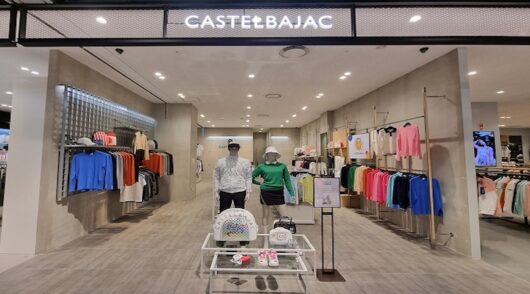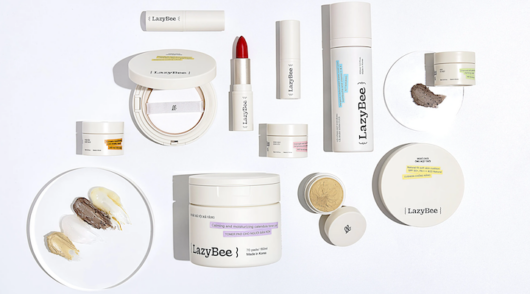High earning Chinese consumers are known for their love of luxury items and the status they can confer.
Now, new research from Mintel reveals there is a new characteristic these consumers are looking for in luxury goods – craftsmanship.
According to Mintel, ‘craftsmanship’ was claimed by 64 per cent of urban Chinese consumers as the word most defining luxury – ahead of ‘expensive’ at 58 per cent and ‘status’ at 53 per cent.
Furthermore, 71 per cent of those with household income over 25,000 yuan per month define luxury as craftsmanship, a full 10 per cent more than those with household income between 20,000 yuan and 25,000 yuan per month (61 per cent).
A massive 94 per cent agreed that they identify luxury brands as those providing craftsmanship in production and design.
“It’s no secret that Chinese consumers are becoming more mature in their outlook toward luxury goods. What’s especially compelling about this research is that they show the true extent to which this attitude has penetrated the market, in addition to clarifying what a ‘mature’ attitude to luxury looks like in China. Though status is still important to the Chinese luxury consumer, the trend toward luxury consumption for one’s own enjoyment is clear,” said Matthew Crabbe, director of research Asia Pacific at Mintel.
Forty-eight per cent of consumers with household income over 25,000 yuan per month say status is a consideration when they purchase luxury goods. This figure rises to 53 per cent at incomes between 20,000 yuan and 25,000 yuan per month.
“The wealthier a consumer is, the more likely he or she is to appreciate luxury goods for their innate quality and value – and the less likely he or she is to define luxury in terms of external factors such as the status or extravagance of a luxury product,” said Crabbe.
Mintel also found out that 43 per cent believe Chinese and foreign luxury clothing brands provide the same quality product, and 15 per cent believe Chinese brands are better. Similarly, 40 per cent believe Chinese and foreign luxury shoe brands provide the same quality shoes, and 16 per cent believe Chinese brands are better.
“Though the trend is still in its infancy, Chinese brands are beginning to make inroads with Chinese luxury consumers,” says Crabbe.
“There is a growing consciousness that, in many cases, Chinese brands are able to offer craftsmanship and design to a level that is on par with or above foreign brands. Also, these brands are in some cases more able to tailor their offerings directly to Chinese consumer tastes, so we expect to see a growing segment of the Chinese luxury shoe and clothing markets in particular to be occupied by Chinese brands in the coming years.”






